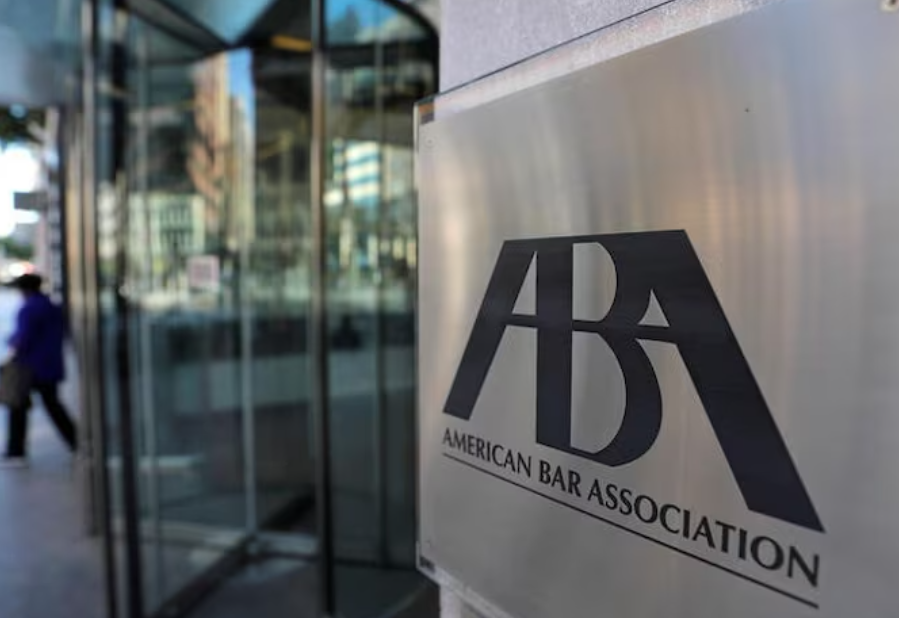Aspiring lawyers who are victims of domestic violence or sexual assault should not have to disclose any related legal or police involvement during the attorney admissions process, the American Bar Association (ABA) said on Tuesday. At its annual meeting in Chicago, the ABA’s policymaking body approved a resolution urging bar admission authorities to create a reporting exception for applicants who have been victims of domestic or dating violence, sexual assault, sexual harassment, or stalking. This change would prevent these individuals from having to recount any legal, law enforcement, administrative, or academic proceedings.
According to the resolution report, submitted by the ABA’s Commission on Domestic and Sexual Violence and several other ABA entities, requiring would-be lawyers to “explain their history of abuse” and track down related documentation “retraumatizes” them. This requirement may also dissuade victims from reporting abuse out of fear that they will have to disclose it on their admissions application.
While being a victim of domestic abuse or sexual violence is unlikely to disqualify an applicant from admission, “the forced disclosure still creates unnecessary harm,” the report said. Although the ABA does not oversee lawyer admissions, which are handled by individual states, its policy positions hold significant influence within the legal industry as the largest voluntary bar association in the country, with about 150,000 paying members.
In 2015, the ABA passed a resolution urging state licensing entities to eliminate questions about mental health history from the character and fitness review. Since 2018, at least six states, including New York, Virginia, and Ohio, have significantly changed or dropped those questions. In April, three Democratic U.S. Senators—Richard Blumenthal of Connecticut, Chris Coons of Delaware, and Mazie Hirono of Hawaii—sent a letter to the ABA requesting that it study the impact of disclosure requirements on domestic abuse survivors and explore ways to reduce the burdens on them in the attorney licensing process.
As part of the character and fitness review process, states may require applicants to disclose all legal and administrative cases to which they are a party, including civil restraining orders or on-campus disciplinary cases for survivors of domestic violence or sexual assault. Even when states only ask for information about orders issued against the applicant, some survivors may need to disclose mutual no-contact orders.
In a separate matter during the ABA’s annual meeting, the House of Delegates did not take up a proposal urging legal employers to give workers a week of “unplugged” time and encouraging law firms to provide 40 hours of billable hour credits to attorneys who fully disengage from work. The ABA’s Young Lawyers Division, which submitted the resolution, withdrew it just before it was set to be considered on Monday.

